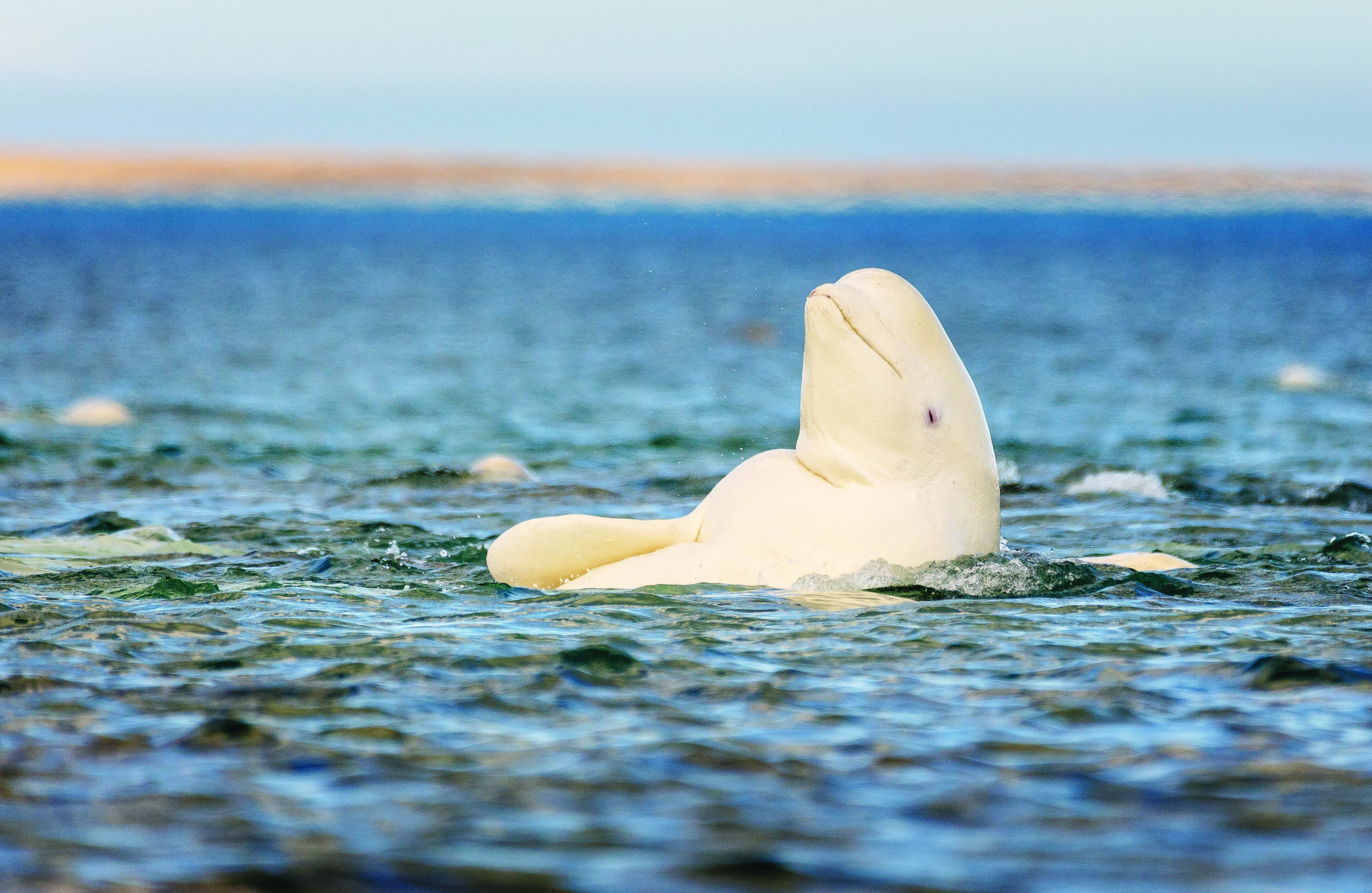What is IMPAC5? The plan to protect 30% of the world’s oceans sets sail at this Vancouver summit
In the wee hours of December 19, 2022, nearly 200 countries made a big decision at the UN nature summit COP15 to protect a third of planet by 2030 — a goal commonly referred to as 30×30.
For the ocean, this will mean more than tripling the extent of marine protected and conserved areas within national maritime zones — which currently stands at 8 per cent, globally — and doing it in just eight years.

Though this ambitious global agreement presents an opportunity to turn the tide on wildlife loss in the ocean, success will depend on protecting the right places in the right ways and will require the commitment of governments, non-governmental organizations, Indigenous peoples, coastal communities and individuals all around the world.
Enter the Fifth International Marine Protected Areas Congress. Known as IMPAC5 and taking place in Vancouver from Feb. 3 – 9, this summit is bringing together the global ocean community to start tackling COP15’s formidable challenge while sharing knowledge, experience and best practices for marine conservation.
The week-long international forum is being hosted by local First Nations — xʷməθkʷəy̓əm (Musqueam Indian Band), Sḵwx̱wú7mesh (Squamish Nation), and səlilwətaɬ (Tsleil-waututh Nation) — together with the B.C. and federal governments, Canadian Parks and Wilderness Society (CPAWS) and the International Union for Conservation of Nature, best known for its “IUCN Red List of Threatened Species.”
And just like with COP15, Canada as the host country is positioned to be a leader on global conservation.

What WWF will be doing at IMPAC5
WWF-Canada and our international WWF colleagues will be attending IMPAC5, presenting on panels about marine protection and championing strategies for well-managed protected areas. Importantly, Indigenous conservation leaders will be there to advance the role of their coastal communities in taking care of our shared waters.
On Feb. 4, WWF-Canada and our partners will discuss our efforts to protect the rich biodiversity of the awe-inspiring Great Bear Sea. We’ve been working with federal, provincial and First Nations governments to help convert a patchwork of protections into a connected network of marine protected areas.
Similarly, connected marine protected area networks in the Arctic can help protect that region’s unique wildlife. On Feb. 7, WWF’s Global Arctic Program will be presenting on ArcNET (Arctic Ocean Network for Priority Areas for Conservation), a blueprint for a circumpolar MPA network. On Feb. 8, WWF-Canada will be presenting on CanPac (Canadian Arctic Marine Priority Areas for Conservation), a project showing how Canada can take the first steps in planning a network of conserved and protected areas across the Canadian Arctic that can also connect to ArcNET.

The Inuit community of Taloyoak, NU is part of this vision to establish a pan-Arctic network of protected areas, including an Inuit Protected and Conserved Area encompassing the land and waters surrounding Aqviqtuuq. Jimmy Ullikatalik, manager of the region’s Spence Bay Hunters and Trappers Association, will be taking part in IMPAC5 panels about Indigenous-led ocean conservation on Feb. 4 and 6.
To ensure our MPAs are protected in more than name only, WWF-Canada has also been working to reduce the impacts of shipping and ensure Canada implements strong minimum standards that include zero dumping of any kind. WWF-Canada will be hosting and participating on panels Feb. 4, 5 and 6.
And because oceans play a critical role in combatting climate change, WWF-Canada will be joined by Parks Canada, Simon Fraser University and the Hakai Institute to discuss “blue carbon” on Feb. 6.
Ultimately, the success of IMPAC5 and 30×30 for our oceans will be shaped by countless national and international decisions and actions along the route. But by working together with conservation practices proven to help marine ecosystems and species recover, we can halt and reverse biodiversity loss by 2030.
While you must be registered for IMPAC5 to attend the panels, you can still keep up with us via our @wwfcanada and @WWFCA_SciComm Twitter accounts.

